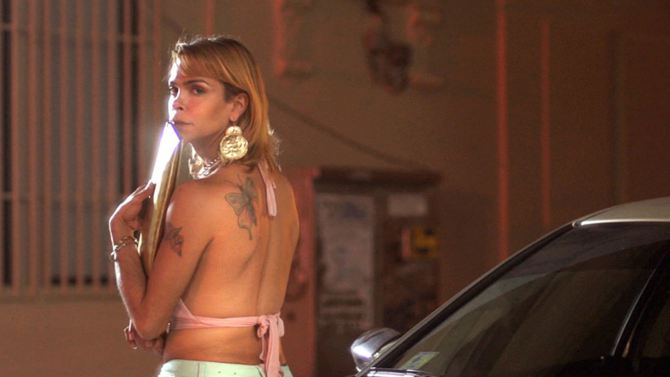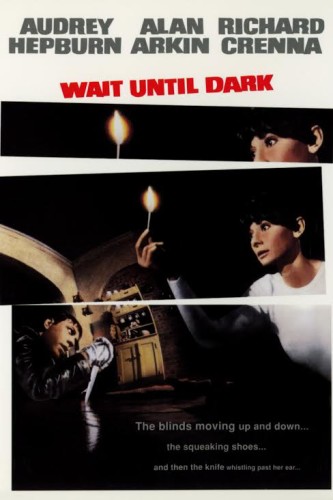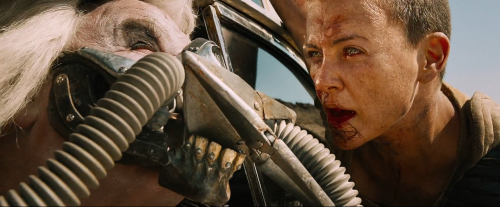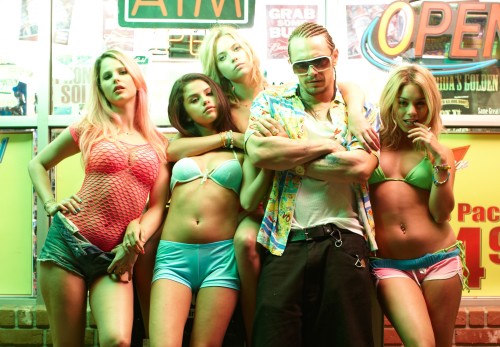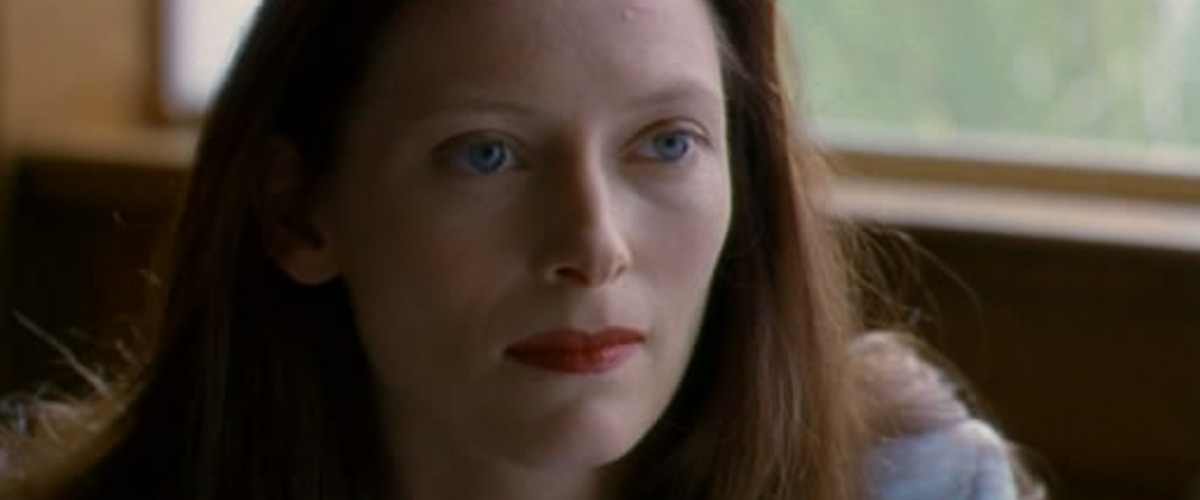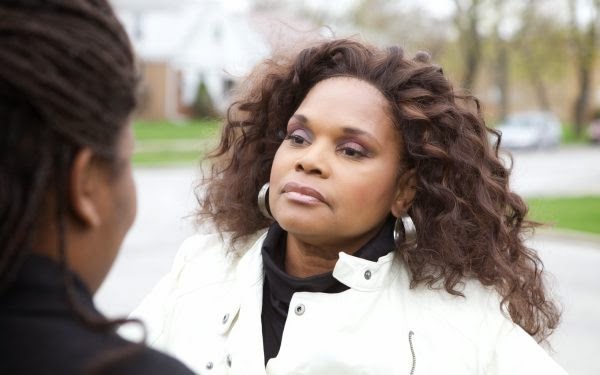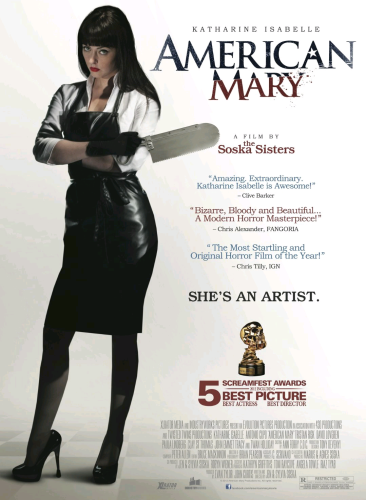Trans Women of Color In a Theater Near You: ‘Mala Mala’ and ‘Tangerine’
Maybe sitting through years of shitty queer characters in films and TV has sensitized me, because, even though I’m not trans*, I often get a similar, sickly feeling about films and TV with trans* characters made by people who aren’t trans*, most recently the two (or maybe it was one and a half) episodes of the Emmy-nominated ‘Transparent’ I watched when (cis) people I respect raved about it.
